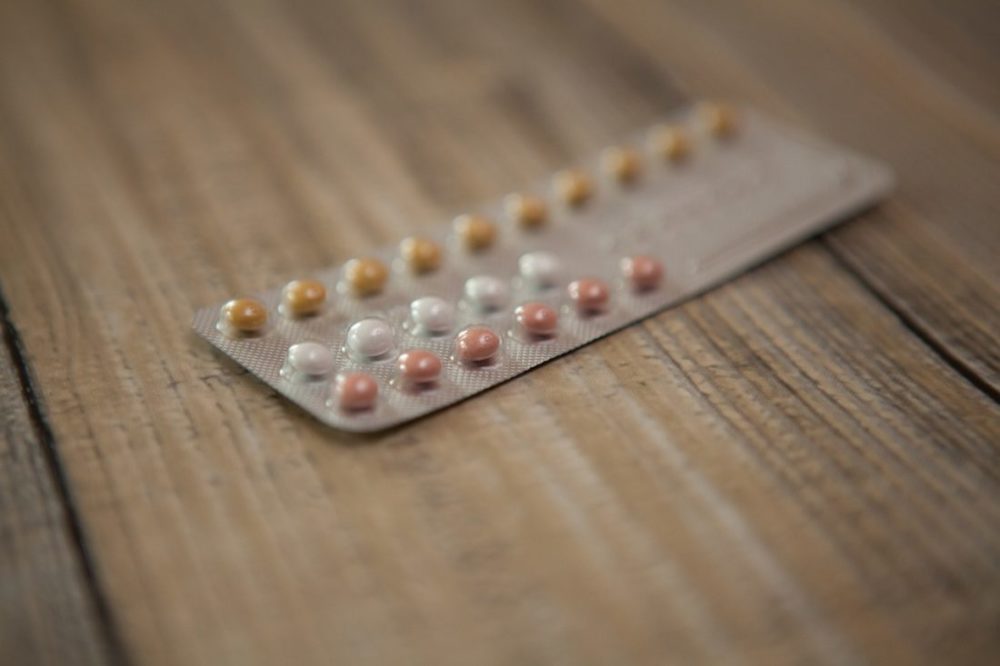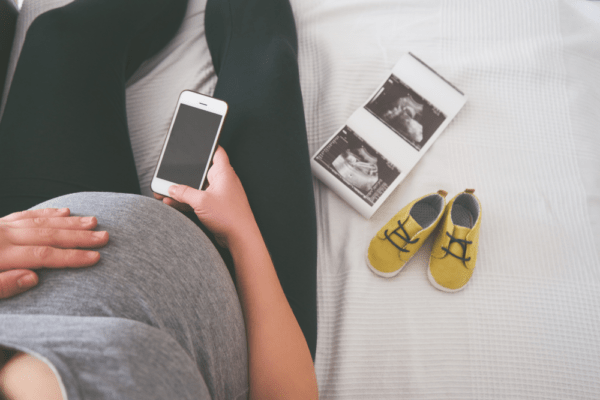Going nuts and rummaging through internet that why you are not getting your period. Well you have come to just the right place. We have reasons why. And it could be a major possibility that you are not pregnant, so relax for a bit and read on.
Stress
Stress can throw off your hormones, change your daily routine, and even affect the part of your brain responsible for regulating your period — your hypothalamus. Over time, stress can lead to illness or sudden weight gain or loss, all of which can impact your cycle.
Polycystic ovary syndrome
Almost 10% of women all over the world of reproductive age have PCOS, a complicated disorder that affects hormones and metabolism. Main symptoms include irregular periods (cycles of at least 35 days for adults and 45 days for adolescents), no periods at all, or lighter or heavier periods.
PCOS is not only a leading cause of infertility; it can also mean other problems down the line.
You’ve been on the pill for a while.
Don’t worry if your period becomes barely-there-light or disappears altogether. With some low-dose estrogen pills, the endometrial lining doesn’t build up, so there’s not much lining to shed.
Obesity
Just as low body weight can cause hormonal changes, so can being overweight. Your doctor will recommend a diet and exercise plan if they determine that obesity is a factor in your late or missed periods.
Thyroid disorders
The thyroid gland in your neck is responsible for regulating metabolism and can affect your period as well. An overactive or underactive thyroid gland can make it either less frequent or more frequent, absent entirely, or heavier.
Low body weight
Women with eating disorders, such as anorexia nervosa or bulimia, may experience missed periods. Weighing 10 percent below what’s considered a normal range for your height can change the way your body functions and stop ovulation. Getting treatment for your eating disorder and putting on weight in a healthy way can return your cycle to normal. Women who participate in extreme exercise such as marathons may stop their periods as well.
You’re too into your exercise routine.
Hitting the gym even though you’re exhausted from your workout the day before? Over-exercising (and eating too little), as well as rapid weight loss or suffering from an eating disorder can all cause your period to disappear, particularly if your BMI drops below 19 or 18
Early peri-menopause
Most women begin menopause between ages 45 to 55. Women who develop symptoms around age 40 or earlier are considered to have early peri-menopause. This means your egg supply is winding down, and the result will be missed periods and eventually the end of menstruation.
To Read More Lifestyle Blogs.




